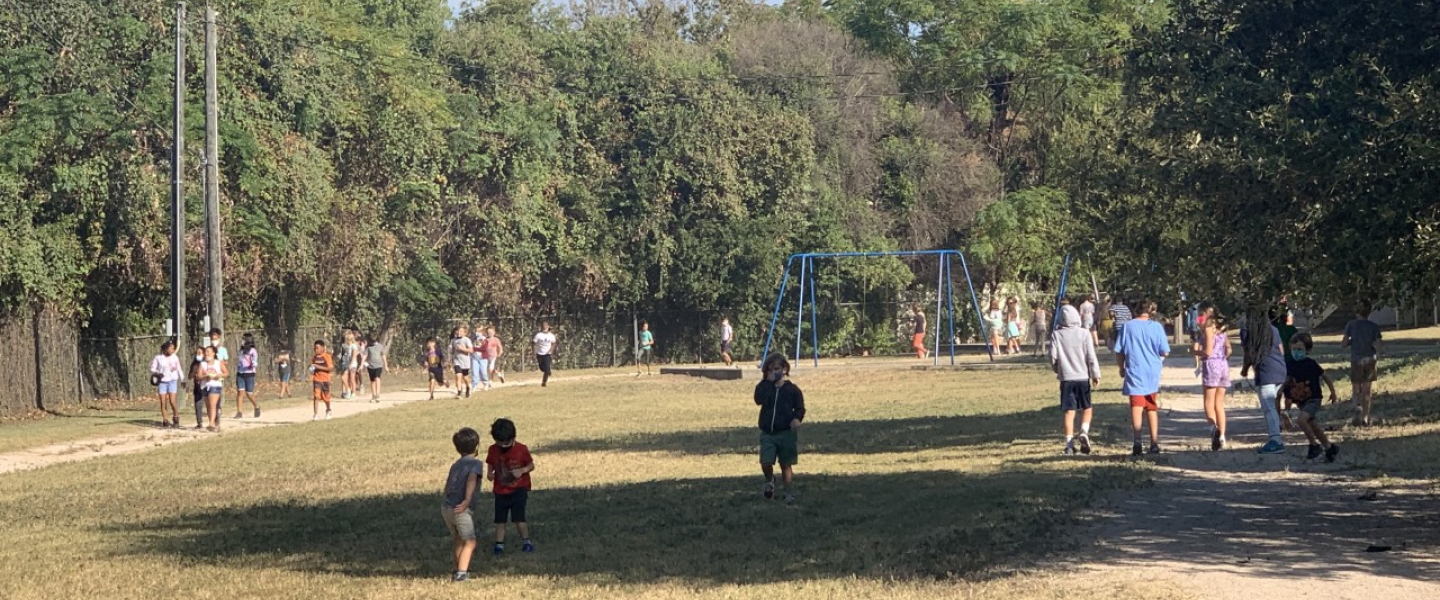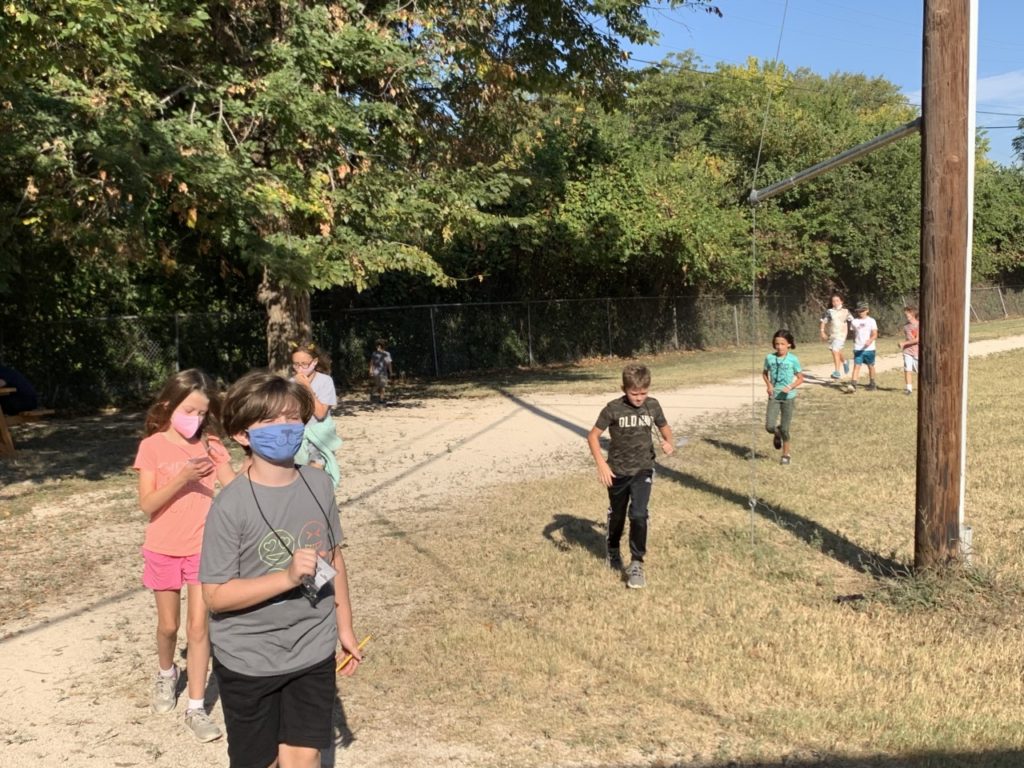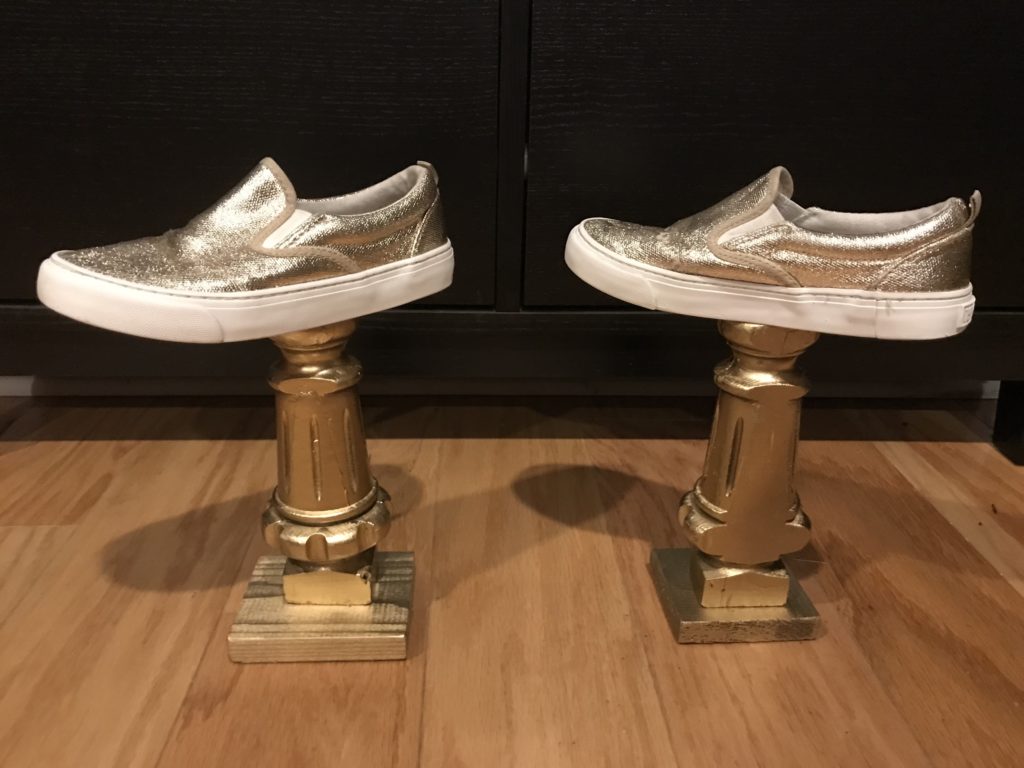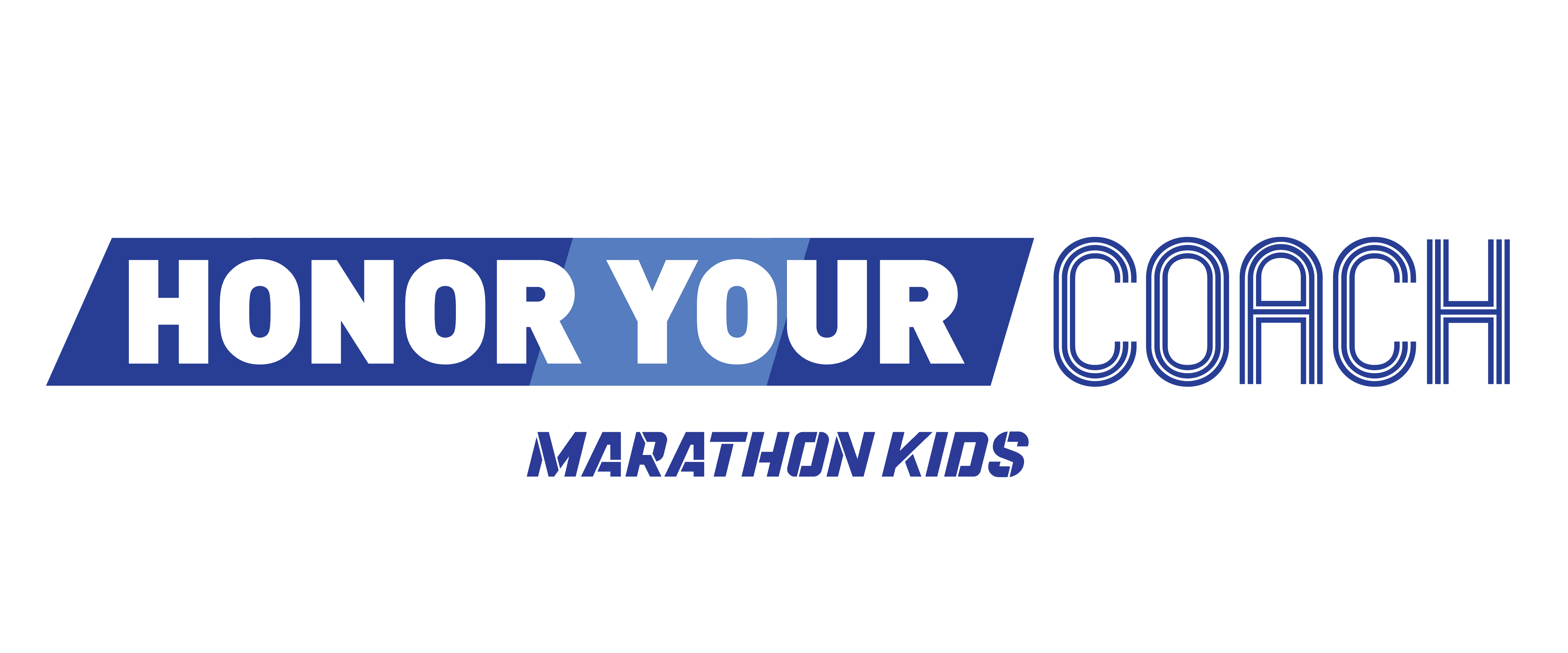
Maplewood Elementary Students Get and Stay Active with Marathon Kids
By MK Editor, October 20, 2021
Stephanie Avila teaches bilingual fourth-graders at Maplewood Elementary School in Austin, Texas. “Maplewood is a small school with a tight-knit community,” she says. “Health and wellness are greatly valued here.”
Along with other classroom teachers at Maplewood and across Austin Independent School District, Avila uses Marathon Kids programming during W.O.W. time with her students. W.O.W. stands for Working Out for Wellness—a structured, weekly physical activity time, typically scheduled on non-PE days to help students meet state-mandated Physical Education minutes. Marathon Kids has a tech integration with Austin ISD, so district teachers can access its programming through Marathon Kids Connect.
Marathon Kids Connect, a free, cloud-based physical activity tracking and reporting platform, includes perks like single sign-on and auto-rostering that make it extra easy to report on kids’ active time. In schools, students can walk or run laps and scan their own Runner ID cards to automatically log their distances. Teachers can also manually give kids credit for minutes of active time completed in the classroom during W.O.W. time. (Marathon Kids counts 20 minutes of heart-pumping activity as equivalent to one mile.)
Running Gives Kids a Healthy Brain Break
“What led me to start with Marathon Kids was the opportunity to give the kids a mental break from our studies in a healthy and competitive way,” Avila says. “They love the competitive aspect of the program and racking up their miles. And they run more when they are using their Marathon Kids tags to log their miles.”
Her students do Marathon Kids during morning “Track Time,” when Avila takes them outside to run around the school’s track for 15 to 20 minutes. Ten loops around the track equals one mile; most of her students can log between a half-mile and a mile during a Track Time session.
To Avila, Track Time is like a reset button for her students, refreshing both their moods and their mental capacity for more learning. “If they’ve had a rough morning, they usually have a better disposition after running, which is awesome.” She has found that walking or running really helps students who have a harder time with behavior management throughout the school day.
Avila makes running even more fun for her students by awarding points for laps. “I incentivize them by giving them class points for every lap they complete,” she says. “So they are not only racking up their running miles, but they’re also racking up class points as well. No matter how much they are running, I always tell them they are doing a great job, and when they are doing more than usual, I absolutely make sure that I notice.”

PE Teachers Help to Support Whole-Child Learning
Rebecca Lambdin-Abraham teaches PE at Maplewood; her email signature line reads, “Self-Proclaimed Revolutionary Physical Educator.” Along with teaching her own students, she supports Maplewood’s classroom teachers in leading W.O.W. time activities during class.
Lambdin-Abraham credits Marathon Kids Connect with making it easier for teachers to keep track of kids’ running progress. “It’s so much easier than coloring in their laps!” she says—the method used in years past for manually logging laps on paper. “Giving teachers and kids easy ways to get active helps increase whole-child learning. Oxygenated brains are better thinkers and learners!”
Along with Austin ISD classroom teachers, Lambdin-Abraham and the rest of the district’s PE teachers have access to the Marathon Kids digital platform to utilize during PE time. They play a key role as Marathon Kids facilitators on their campuses. They also lead the way in celebrating individual student, classroom and grade level achievements, and overall school success.
Staying Motivated and Celebrating Milestones
At Maplewood, all students in all grades, from Pre-K through fifth, participate in Marathon Kids. “Maplewood is lucky to have a very active community,” Lambdin-Abraham says. “We have a lot of families who walk and bike to school, and it’s great to feel that community support around being active.”
In Lambdin-Abraham’s longtime experience with teaching PE, kids are natural movers who love to run. “Don’t make kids run,” she says—since doing so can sap the joy out of it. Still, motivation is important for Maplewood’s Marathon Kids. “We have two trophies,” Lambdin-Abraham says, “one for Pre-K through second-graders and one for third- through fifth-graders, for the top class of runners. We pass them around every month to help keep motivation high.”
And the proof is in the pudding—or the running. “I have a kindergarten teacher whose class already ran 770 laps in the month of September,” Lambdin-Abraham says. That’s 77 cumulative miles for the group, and counting. “She says it's the best part of their morning to log in those miles and get themselves ready and focused for the day.”

Physical Activity Has Numerous Long-Term Benefits for All Ages
Regular physical activity is important for people of all ages, for maintaining their mental and emotional wellbeing as well as their physical health. That’s why Marathon Kids seeks to set kids on the path toward a lifetime of being active and healthy.
“Good habits have to be instilled young,” Avila says. “It is very difficult to change years of continued patterns, especially the bad ones. So having kids engage in this type of activity at this age will help them form lifelong healthy lifestyle habits.”
Lambdin-Abraham agrees. “If you don't take care of your body,” she points out, “where will you live? Physical activity supports every body, to help everybody be their best self.” She is passionate about teaching Physical Education because it helps students develop “the knowledge, skills, habits and desire to be physically active for a lifetime. Having physically literate students means they will be able to choose how they like to move, which will help them continue being physically active” throughout their lives.
“Good habits have to be instilled young. It is very difficult to change years of continued patterns, especially the bad ones. So having kids engage in this type of activity at this age will help them form lifelong healthy lifestyle habits.”
Steady Progress Is the Key
Both Avila and Lambdin-Abraham agree that Marathon Kids is a simple and valuable program that helps kids get and stay active long-term. “I would advise anyone who is trying to start Marathon Kids to just stick with it and make it part of your permanent routine,” Avila says. “Kids do love it, and they ask for it. It’s not hard to implement.”
The Marathon Kids program encourages kids to run four cumulative marathons, or a total of 104.8 miles, one mile at a time over the course of a school year. Lambdin-Abraham appreciates this emphasis on steady progress.
“It's great to have a simple, organized program to support kids,” she says. “Giving them a concrete example of a marathon to work toward first, and then completing four marathons [over the school year], helps organize their efforts and reward them for being active.”
Give to coaches by giving to Marathon Kids.
Your donation not only supports Marathon Kids programming but it’s how we ultimately give back to our coaches. Together, we can provide coaches with free, first-class technology and tools that enhance kids’ experience on the track, field, and gym. We also give coaches access to professional development, social and emotional learning resources, and on-demand support.
Your dollars support the future of Marathon Kids and keep our programming free and accessible to all coaches and kids. Now, more than ever, kids need the mental health benefits of regular walking and running. So help us invest in the health and wellness of kids in all of our communities by honoring our coaches!

